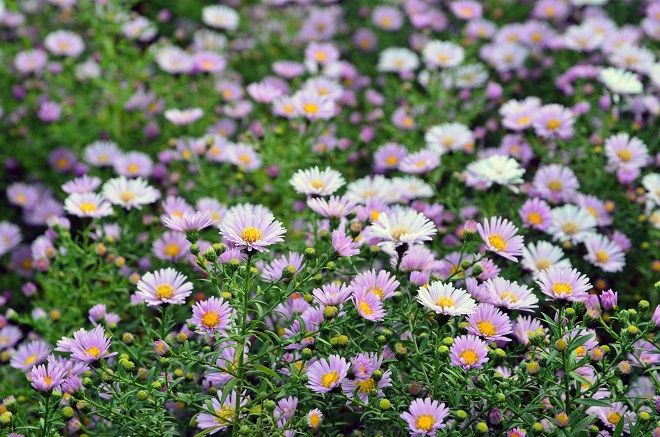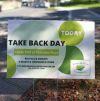Monarch Butterflies Join An Endangered List—Part of a Worldwide Crisis of Biodiversity: What You Can Do

By the Bronxville Green Committee
Sept. 14, 2022: In July, the International Union for the Conservation of Nature added Monarch butterflies to their “red” list of animals in danger of extinction. The Monarch’s plight is a small part of a much larger crisis of biodiversity across the planet.
Scientists tell us that one million species of insects are at risk of becoming extinct in the next decades. Some of these are the “charismatic megafauna” we hear a lot about—such as Monarch butterflies and honeybees. Many more are unsung, largely unknown species of flies, wasps, moths, beetles, and microorganisms that live in soil.
Vital Roles Insects Play:
❖ Turn feces and dead matter into sources of new life!
❖ Pollinate 80-95% of all plant species on earth!
❖ Provide 30% of our food!
❖ Provide food for many other living creatures, such as birds and amphibians!
❖ Nourish the soil, adding the fertility required to keep plants growing!
❖ Eat pests on crops, reducing or eliminating the need for chemical pesticides!
❖ Delight and astonish us with their beauty and diversity!
If they went extinct, what would it mean for the earth and for humans?
Life as we know it cannot be sustained without the trillions of tiny creatures that provide the eco-services that keep life humming on this planet. Microbes, fungi, algae, bacteria, and insects make possible the “circle of life,” in which feces and dead matter are transformed into the raw materials of new life. Each species has developed to perform a particular necessary function.
Some insects are generalists and can use many plants for food and shelter. Others are specialists and depend on one unique plant for survival. All species are inextricably connected. When they begin to disappear, they leave holes in the vital web of life. And when too many of them disappear, that web collapses.
Habitat loss, climate change, and herbicides and pesticides used in agriculture and in our yards are cited as causes for declining populations.
You can take action to save our ecosystem – starting in your own backyard!
Healthy Yards restore biodiversity and ecological good health. Taking the following two action steps will have an immediate positive impact.
Action Step # 1: Eliminate Chemicals
Chemical pesticides used to control weeds, fungus and insects are so common, landscapers assume we want them. But they harm more than help by ending up in our soil and waterways, undermining human health and killing other organisms and wildlife.
❖ Ask for organic alternatives – they really do work! Each spring and fall, a layer of organic compost on your lawn will eliminate the need for chemical fertilizer.
Action Step #2: Landscape with Native Plants
Most yards include few or no native plants. Start making the switch to native plants, which are best suited to our local growing conditions; they’ll grow more easily and require less maintenance. They also provide food and habitat for our pollinator populations, which is essential to reverse their drastic declines. Don’t be put off by their “weedy” names. Native plants are beautiful!
❖ Start with a small area of your yard or just flowerpots – it’s important to connect these plantings so insects and birds do not have to travel far for food and shelter.
❖ Most local nurseries now carry some native plants. Or speak to your landscaper about adding them to your landscape.
By making changes in your garden and encouraging family and friends to join you, you’ll be demonstrating Bronxville’s commitment to solving today’s environmental challenges and protecting what we love. Check out the Healthy Yards tab on our website for more information and ways to get started.
The Bronxville Green Committee is a volunteer organization that is part of the Village of Bronxville. We work to propose and implement environmentally sustainable programs in our community. Visit our website to learn more. Please consider joining our efforts!
Sustainable Living Directory
The Bronxville Green Committee is a volunteer organization under Village government. We work with the Trustees and Village staff on programs that promote clean energy initiatives and sustainable ways of living. Our programs include The Bronxville Giving Garden, a community garden whose produce is donated to local groups; Take Back Day, when we collect items to be recycled; and Pollinator Pathways, which encourages adding native plants to our gardens. We believe everyone can make a difference by adopting simple, sustainable practices in daily life so we can work together to protect what we love -- our families, our homes and our town.













